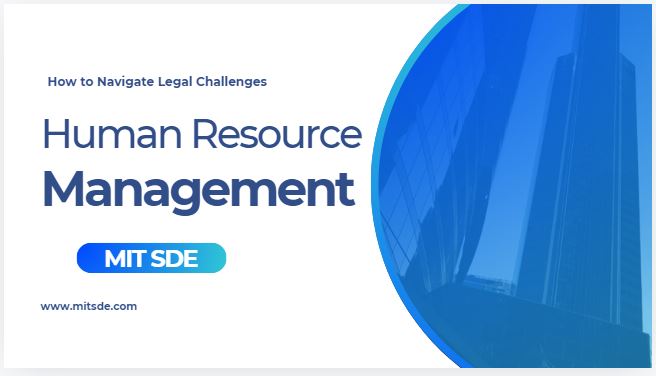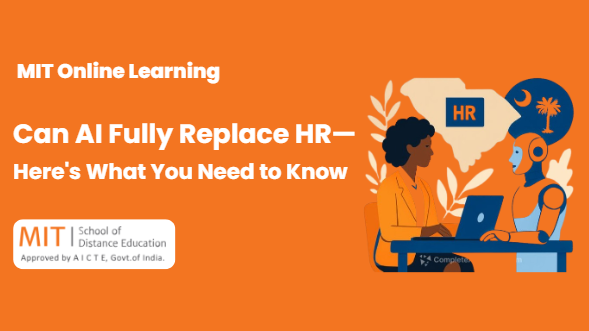
Human Resource Management (HRM) is one of the most complex functions in any organization, particularly when it comes to legal compliance. HR professionals must navigate a landscape filled with labor laws, workplace discrimination policies, and employee privacy regulations. Failing to adhere to these legal requirements can result in lawsuits, fines, and reputational damage to the company. As the field of HR continues to evolve, especially with the availability of distance learning courses and online education, it’s crucial for HR professionals to stay up-to-date on legal frameworks and best practices.
1. Understanding Labor Laws
One of the most common legal challenges HR professionals face involves labor laws, which vary by country and region. Staying compliant with these laws requires ongoing education. Enrolling in specialized programs like PGD in HR, PGDM in HRM, or a PG Diploma in Human Resource through distance education can provide HR professionals with the knowledge and skills to handle labor law complexities effectively. These courses help HR managers understand key areas such as minimum wage requirements, employee benefits, and fair working conditions.
2. Workplace Discrimination
Workplace discrimination is a sensitive issue, and HR must ensure that company policies align with anti-discrimination laws. This includes creating policies that protect employees from discrimination based on race, gender, age, disability, and sexual orientation. By taking distance education programs like a PGD in Human Resource Management, HR professionals can deepen their understanding of anti-discrimination laws and how to implement policies that promote diversity and inclusion in the workplace.
3. Managing Employee Privacy
In the digital age, protecting employee privacy has become more challenging. HR professionals must ensure that employee data is kept secure and confidential, whether it’s stored in physical files or digital systems. Compliance with privacy regulations, such as the General Data Protection Regulation (GDPR) in Europe, is essential. Online education programs that offer specialized training in HR-related legalities can help HR professionals stay informed about the latest privacy laws and data protection measures.
4. Staying Compliant Through Continuous Learning
The HR landscape is ever-changing, with new laws and regulations emerging frequently. To keep up with these developments, many HR professionals are turning to distance learning courses such as a PGDM in HRM or a PG Diploma in Human Resource. These programs not only provide flexibility but also equip HR managers with the legal expertise needed to navigate complex regulatory environments.
5. The Role of HR Certifications
Enrolling in programs like a PGD in HR through distance education can be a key step toward professional development in legal aspects of HR. These certifications not only enhance an HR professional’s credibility but also ensure that they are equipped to manage legal challenges, from labor law compliance to employee privacy protection.
Conclusion
Staying compliant with labor laws, managing workplace discrimination, and protecting employee privacy are critical aspects of HR management. Leveraging online education and distance learning courses in HRM can provide HR professionals with the necessary tools to navigate these legal challenges effectively. Investing in a PGDM in HRM or a PG Diploma in Human Resource Management will not only ensure compliance but also foster a legally sound and ethical workplace.



